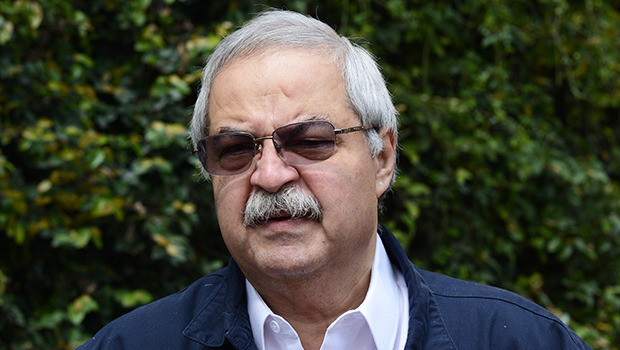
Close on the heels of Amnesty International’s report that the Pakistani deep state has hacked into the accounts of human rights activists and reports by both Committee to Protect Journalists (CPJ) and Reporters without borders (RSF) on how the Pakistani security establishment intimidates journalists, comes a report by the Vienna-based International Press Institute (IPI), a global network of editors, media executives and leading journalists for media freedom, that was founded in 1950.
The IPI sent letters to Pakistan’s caretaker central and provincial governments, the Chief Justice, the Chief Election Commissioner Justice Sardar Muhammad Raza and Chairman of the Senate highlighting “a number of serious threats to press freedom ahead of the country’s July 25 elections, including the physical intimidation, abduction and torture of dissenting journalists; the forcible denial of the public’s right to access independent newspapers through the widespread disruption of newspaper distribution; and the effective blockading of independent channel broadcasts to television audiences.”
According to the letter written by IPI Executive Director Barbara Trionfi “These actions deny the public’s fundamental right to receive news and information and to participate in informed debate about matters of public interest, in particular the military’s role in civilian affairs. Such a climate is inimical to both democracy and the free flow of information necessary to this upcoming election”, Trionfi wrote. “IPI is worried that the continued persecution of the independent media is designed to convey a clear message: that any criticism of the military’s involvement in civilian affairs will have dire consequences for the survival of an independent press in Pakistan. Unless rigorous measures are taken to halt further attempts to influence reporting in the media, and to ensure that newspapers are allowed to publish freely, and television channels are allowed to broadcast in Pakistan without any further harassment, doubts may be cast on the credibility of the upcoming elections.”
Trionfi’s letter “highlighted a number of troubling incidents, which she said must be viewed against the backdrop of the upcoming elections. According to media reports, on June 6, a senior woman journalist, Gul Bokhari, from the Nawai Waqt/Nation Group, was abducted for several hours, late at night, while on her way to work. The same night, another broadcast journalist, Asad Kharal, was physically assaulted in Lahore. Additionally, the director general of the Armed forces’ Inter-Services Public Relations has reportedly produced a list of prominent journalists and activists that described them as “anti-state elements”. Numerous newspaper editors have been forced to drop dissenting columns from newspapers, leading some columnists to post their uncensored columns on social media platforms.”
Trionfi said IPI “was greatly concerned that the Pakistani military appeared to be increasing pressure on the country’s media so as to impose a narrative of its own choosing with relation to its involvement in civilian affairs. Trionfi added that she was troubled to see that, as part of this recent escalation, the military had publicly castigated independent media as a threat to national security, as a consequence of which dissenting journalists have been targeted on social media and threatened with bodily harm.”
![]()





